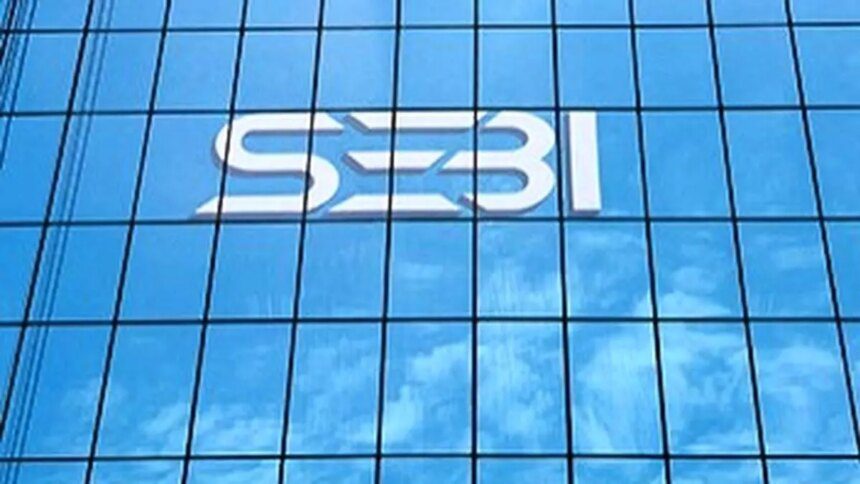SEBI is in the process of updating its Business Responsibility and Sustainability Reporting (BRSR) standards to align with globally recognized environmental, social, and governance (ESG) norms, according to sources familiar with the matter. The regulator has formed a research team in collaboration with organizations such as the Shakti Sustainable Energy Foundation and auctusESG to assess the current framework and make necessary adjustments to meet International Financial Reporting Standards (IFRS) guidelines.
This initiative comes after the endorsement of IFRS by the International Organization of Securities Commissions (IOSCO), of which SEBI is a member. IOSCO has recommended its 130 member jurisdictions to adopt the International Sustainability Standards Board’s (ISSB) IFRS S1 and IFRS S2 standards, which outline the requirements for reporting sustainability-related financial information and climate change disclosures.
The proposed changes will require the top 1000 listed companies by market capitalization to provide more detailed information on sustainability risks, opportunities, impact assessment, benchmarking, and sector-specific targets. Key disclosures related to the entity’s strategy, risk management, metrics, and targets for sustainability-related risks and opportunities will be emphasized under the new guidelines.
Additionally, the ISSB standards mandate the disclosure of Scope 3 greenhouse gas emissions, which are indirect emissions generated throughout a company’s value chain. This aspect, currently lacking in the BRSR framework, is under consideration for inclusion. The process of aligning with these global standards is expected to be gradual, with no specific deadline provided.
The research committee will first map out the necessary changes to the BRSR framework, which will then be reviewed by the ESG Advisory Committee before being presented to the SEBI Board for approval. Around 56 jurisdictions have already taken steps to adopt ISSB standards, with several countries finalizing their adoption.
In conclusion, the move towards aligning with international ESG standards reflects SEBI’s commitment to enhancing transparency and disclosure standards for Indian companies in the global marketplace.









